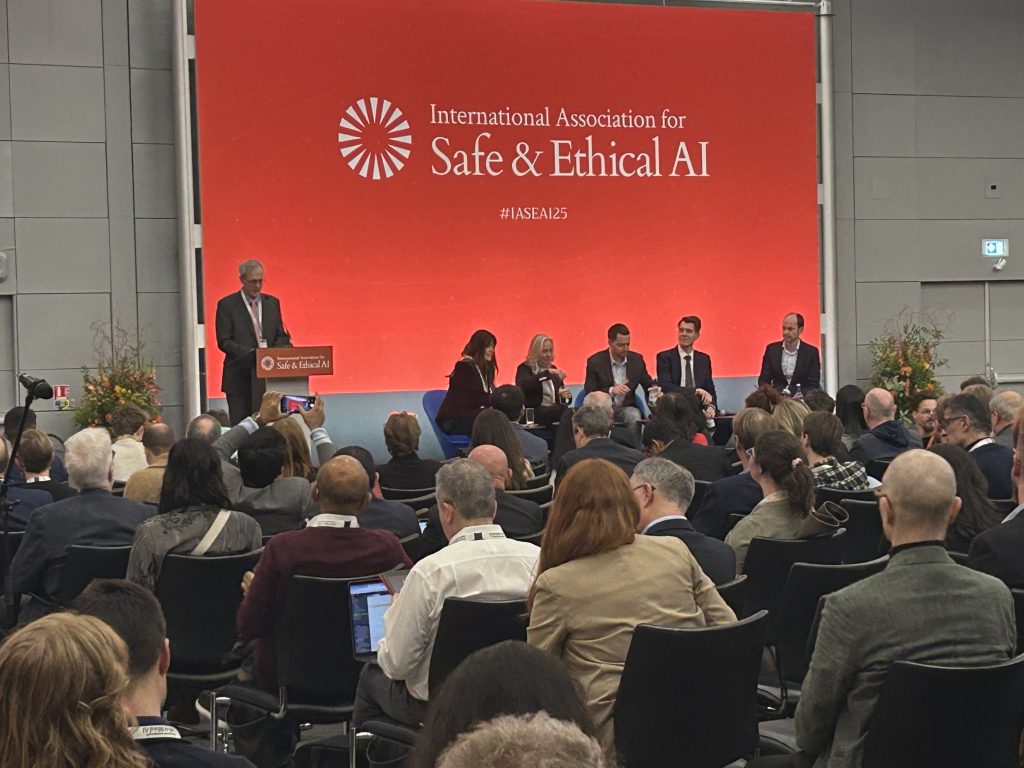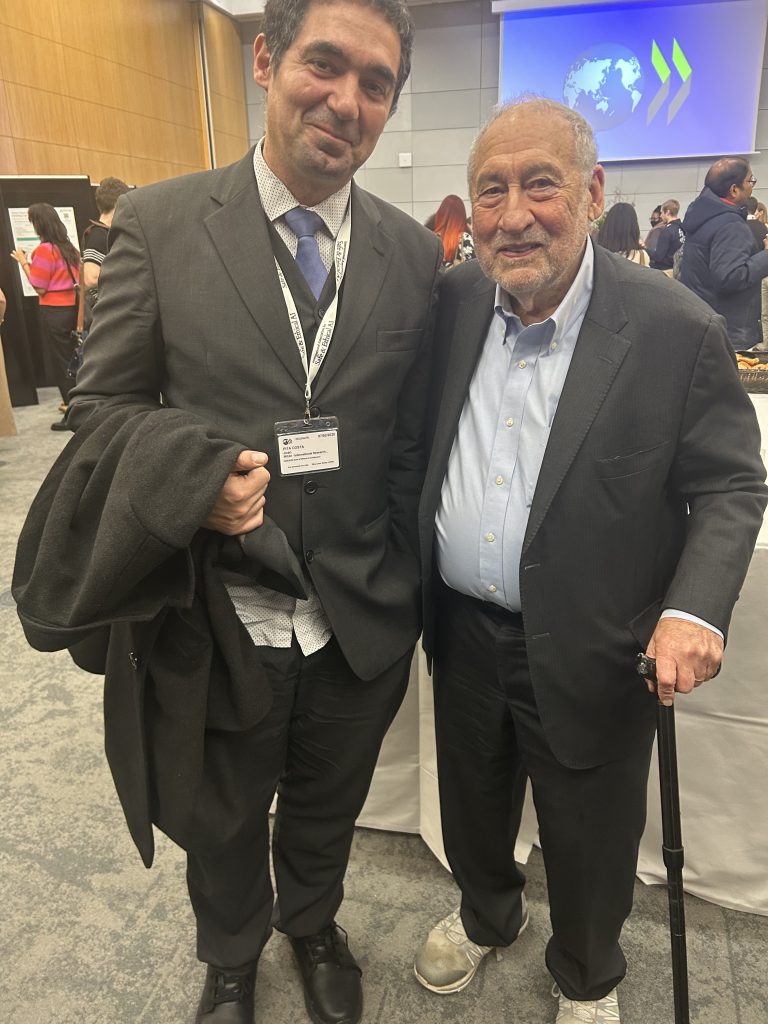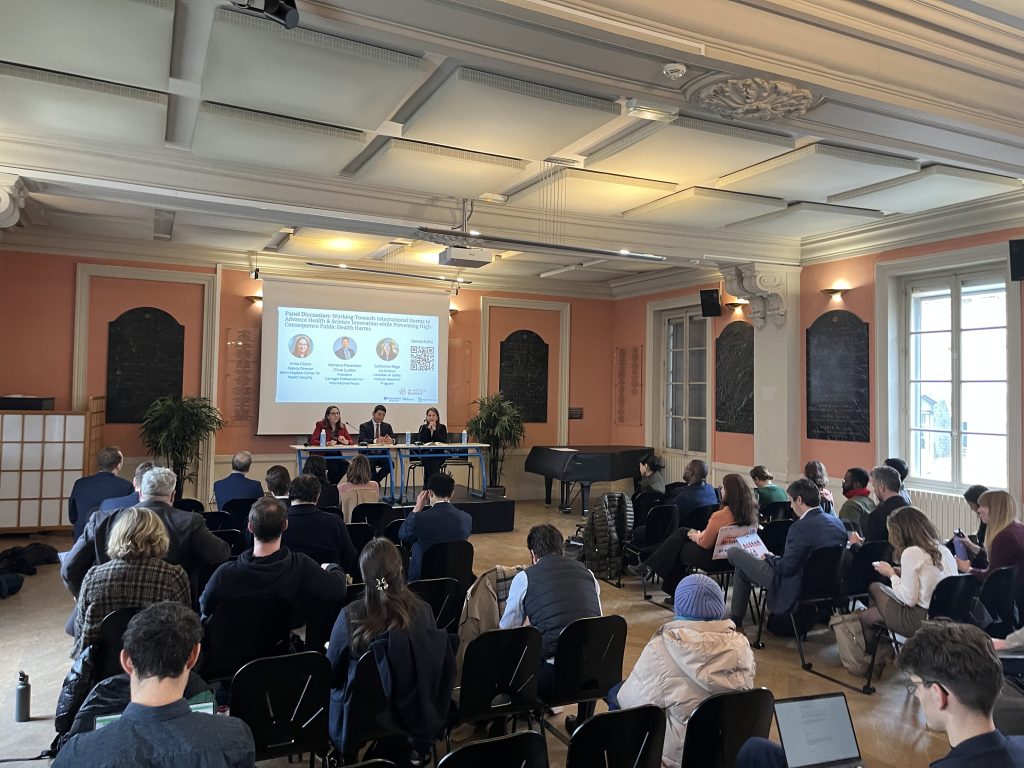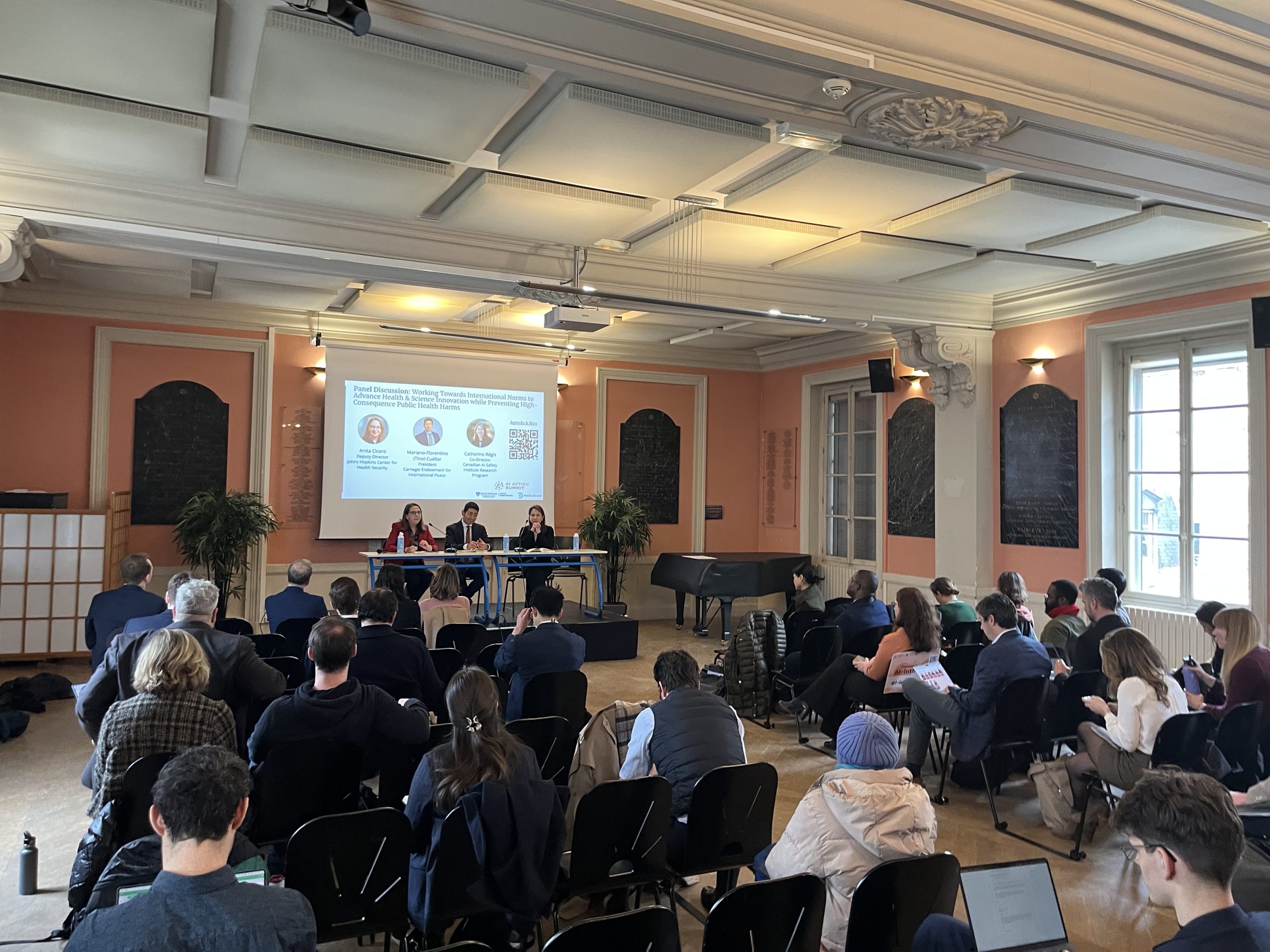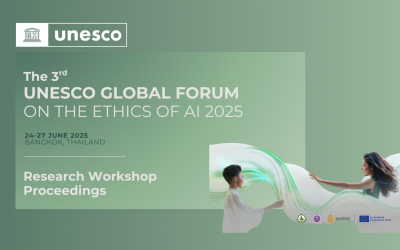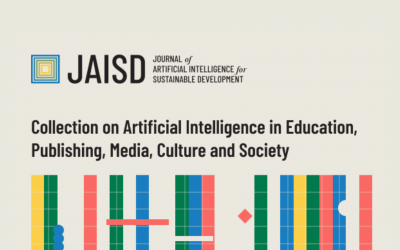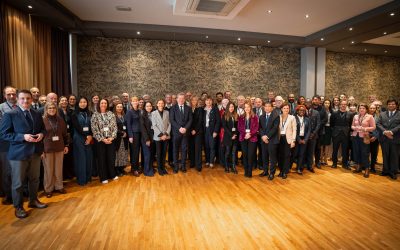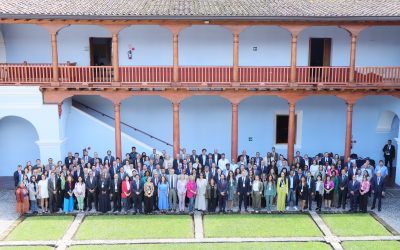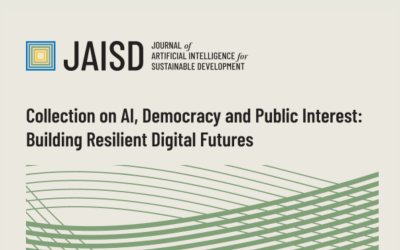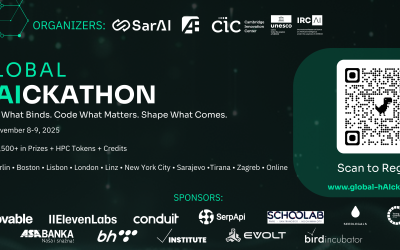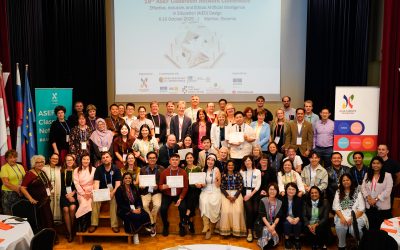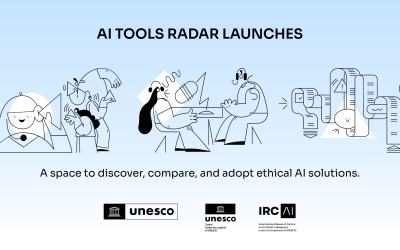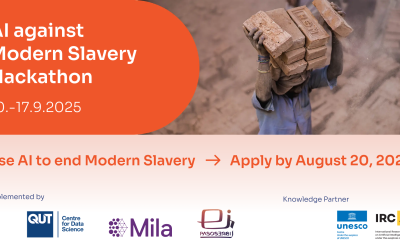The AI Action Summit, one of the most significant AI governance events of the year, together around 100 heads of state, leading AI companies, including OpenAI and Google, and over 1,500 experts from around the world. As AI continues to reshape societies at an unprecedented pace, discussions underscored the urgency of forging a common global agreement to balance AI safety and innovation and the need for strategic investment to maintain a balanced global development, particularly in Europe.
“We are living in a technological revolution that is changing everyone’s lives at a very fast pace. Some of the consequences are still quite unclear, so there needs to be some kind of global agreement on how to protect ourselves from unintended consequences. This is a big focus of the Paris debates. The other aspect is the debate on how to invest so that development is balanced and Europe is not left behind,” Marko Grobelnik, CTO at IRCAI, said about the summit in a yesterday’s interview with the Slovenian radio Prvi after having participated at the summit.
As an organization that has worked for 6 years to advance AI governance, IRCAI was honored to participate in the event. Our contribution included research insights on ethical AI and engaging in high-level discussion on AI safety, ensuring that rapid technological advancements align with fundamental human rights and global development goals.
IRCAI organized an interdisciplinary workshop on AI Ethics and Education for Democracy, co-led by John Shawe-Taylor supported by the Europe Horizon project ELIAS, the Center for Internet and Society at CNRS, and 3IA Côte d’Azur. The workshop highlighted findings from recently published research papers in the Journal of Artificial Intelligence and Sustainable Development (JAISD) and sparked insightful debates on ethical AI and its implications for democracy and education.
Joao Pita Costa, one of IRCAI’s researchers, attended the inaugural IASEAI conference, held on February 6-7 as a side-event to the summit. This high-level convening brought together leading experts from academia, civil society, industry, media, and government to discuss the latest developments in AI safety and ethics. He engaged in debates on creating AI systems that operate safely and ethically and are bias-free and presented our research initiatives, particularly our work on the AI SDG observatories.
Davor Orlic, IRCAI’s COO, attended several key discussions at the summit, including the Hamburg Declaration on Responsible AI for the SDGs, AI for Democracy and Social Justice: A Citizen-Centered Approach, Data for Development: Building AI in the Global South, and Bridging Gaps for Stronger Global AI Ecosystems. At these sessions, he engaged in discussions regarding strategies for leveraging AI for global equity, strengthening democracy through AI-driven initiatives, and fostering inclusive AI ecosystems in underrepresented regions.
The AI Action Summit 2025 reaffirmed the global commitment to responsible AI governance. IRCAI remains dedicated to contributing to these global discussions and enhancing collaborative international efforts to ensure that new technologies serve humanity in a safe, ethical, and inclusive manner.
